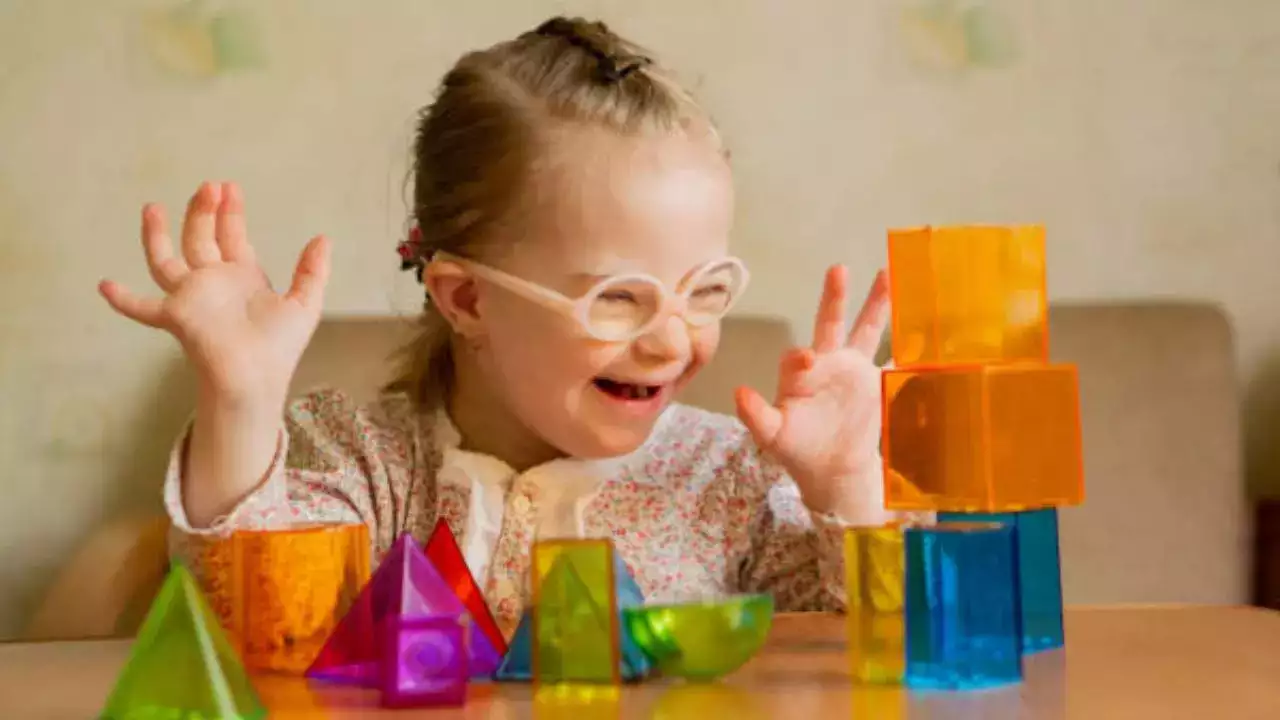
Is Your Child Showing THESE Symptoms? It Could Be An Early Neurological Warning To Watch Out For (Image Credits: iStock)
Every child is unique and reaches different milestones at their own pace and time. However, behavioural changes or delays in achieving milestones can sometimes happen due to neurological problems. These problems pertain to the brain, spinal cord, or nervous system and can become severe if not treated as soon as they are identified. These neurological disorders in kids should be detected early as with early identification of signs, intervention can be started in children.
Neurological disorders in children can have their roots in genetic, prenatal, infectious, or even environmental factors. Some examples are most children suffering from conditions such as cerebral palsy, epilepsy, or autism, who would have had mild early symptoms that would have been ignored as part of normal development. Hence, it is essential to know the red flags to watch out for. But what are these signs? We got in touch with Dr Sonam Kothari, Pediatric Neurologist, Co-Founder and CEO of Butterfly Learnings who shares early neurological warning signs parents should watch out for.
Early Neurological Warning Signs In Kids
Dr Kothari shares certain signs to watch out for as parents as they can indicate early neurological red flags in kids:
- In children, a delay in achieving developmental milestones is often considered an external indicator of potential issues with the nervous system. To better understand the condition, an evaluation may be necessary for a child who is not sitting up by nine months or an 18-month-old who is not yet standing.
- Moreover, delayed speech in children, such as the absence of syllables by one year of age or the inability to speak a few simple words by age two, could indicate an underlying issue. Developmental milestones are crucial, and consistently failing to meet them warrants attention.
- Changes in muscle tone may also signal neurological problems beyond developmental delays. For instance, a child with low muscle tone (hypotonia) may appear floppy or struggle with neck control. Muscle tone exists on a continuum; high muscle tone (hypertonia) can lead to stiffness and difficulty with movement. These physical changes often become apparent as the child grows and begins developing new motor skills.
- Seizures are another significant red flag, though their presentation varies widely. While some seizures involve full-body shaking, others may be subtler, such as brief staring episodes or periods of unresponsiveness. Even short, seemingly minor events should not be ignored, as they may indicate significant underlying brain activity.
- One of the most concerning signs for parents is regression in previously acquired skills. If a child suddenly loses abilities such as language, movement, or social interaction, it may point to conditions like autism or neurodegenerative disorders. For example, toddlers who use fewer words or become less socially engaged than before should be evaluated promptly.
- Behavioural and sensory changes can also indicate neurological concerns. A child who becomes overly sensitive or indifferent to light, sound, or textures may have neural difficulties. Similarly, frequent mood swings, irritability, or social withdrawal can signal underlying problems requiring intervention.
“It is essential to understand that these symptoms often overlap or develop gradually. Therefore, regular developmental assessments are critical,” she said.
The American Academy of Pediatrics recommends screenings at 9, 18, and 30 months to detect delays or abnormalities early. Early intervention can significantly improve outcomes and redirect a child’s developmental path. According to the CDC, 16.5 per cent of children in the United States have a disability, underscoring the importance of awareness among parents and guardians. If any concerns arise, contacting a paediatrician promptly is crucial. Paediatricians can perform initial evaluations and refer families to specialists, such as neurologists or developmental paediatricians. Once diagnosed, targeted therapies like speech, occupational, or physical therapy can help children thrive.
Get Latest News Live on Times Now along with Breaking News and Top Headlines from Health and around the world.
